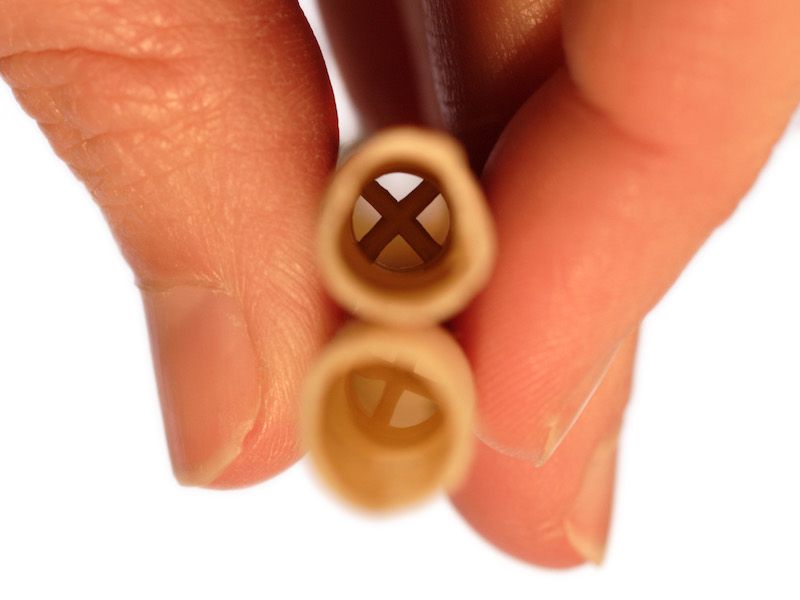
In some communities, the practice called “ear candling” is persistently believed to be an effective way to minimize earwax. What is ear candling, and is it effective?
Do Earwax Candles Work?
Spoiler alert: No. They absolutely don’t work.
Why then do normally logical people persistently think in this pseudo-science. It’s hard to say with much accuracy. But the more you know about earwax candling, including the risks involved, the more likely you can develop an informed decision (even if the sensible choice is pretty obvious).
Earwax Candling, What is it?
So here’s the basic setup: Maybe you have an excessive amount of earwax and you’re not quite certain how to eliminate it. You’ve read that it’s risky to use cotton swabs to clean your earwax out. So, after doing some investigate, you discover a method called earwax candling.
Here’s how earwax candling theoretically works: By inserting a candle in your ear (wick side out), you create a pressure differential. This pressure differential then pulls the wax out. Any wax that might be clogged up in your ear can, in theory, be pulled out by this amount of pressure. But cleaning your ears like this can be dangerous.
Why Doesn’t Ear Candling Work?
This practice has a few issues, including the fact that the physics just don’t work. It would require a significant amount of pressure to move earwax around and a candle just isn’t capable of creating that amount of pressure. Second, creating that kind of pressure differential would call for some sort of seal, which doesn’t happen during candling.
Now, the candles used in these “procedures” are supposed to be special. All of the wax that was in your ear can be located inside the hollow portion of the candle which can be broken up when you’re done with your 15 minutes of ear candling. The only issue is that the same debris shows up in both burned and unburned candles. So this “proof” is really nonsense.
Earwax candling hasn’t been proven scientifically to have any benefit whatsoever.
So we Know Ear Candling Doesn’t Work But is it Dangerous?
So, you may as well give it a try, right? Well, you’re asking for trouble anytime you get a hot candle around your ears. Look, it’s quite possible that you could try ear candling and walk away completely unscathed. People do it regularly. But there are certainly risks involved and it’s definitely not safe.
Here are a few negative effects of ear candling:
- Severe burns to your inner ear. Significant hearing issues and burns can be the result of getting hot wax in your ear. In the most extreme cases, this might permanently jeopardize your hearing.
- Candle wax can also block your ear canal after it cools. This can cause you to temporarily lose your hearing or, in the most serious cases, require surgery.
- You might cause severe damage when you play around with an open flame and potentially even put your life in danger. Seriously, you could burn your house down. Eliminating a bit of earwax isn’t worth that amount of risk and danger.
You Can Clean Your Ears Without Needing a Candle
Most people will never actually need to be concerned about cleaning earwax out of their ears. That’s because your ears are actually pretty good about cleaning themselves! However, there are some people who will have unusually heavy earwax production or accumulation to deal with.
If it happens that you have too much earwax there are methods that have been proven to work safely. For example, you could use a fluid wash. Or you could see a specialist who will be able to use specialized tools to get extra wax or wax blockages out.
You should continue to avoid cotton swabs. And you should also stay away from using an open flame to clear out earwax. Earwax candling is a procedure that has no benefit and will put your ears, and your entire person, at significant risk of injury and damage. Try burning candles for their sent or for enjoyment but never as a method to clean your ears.







